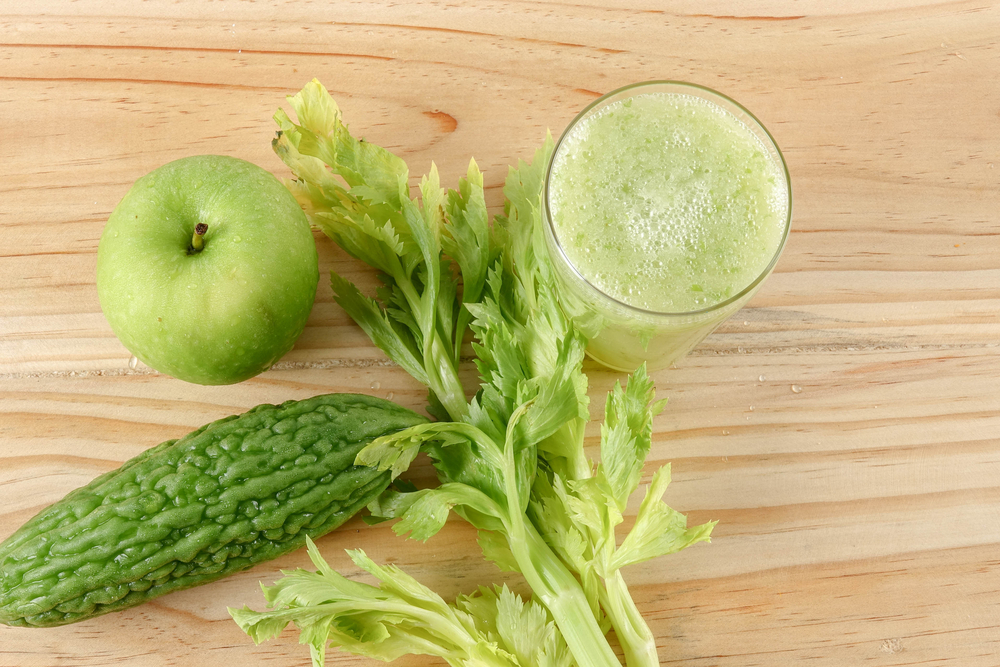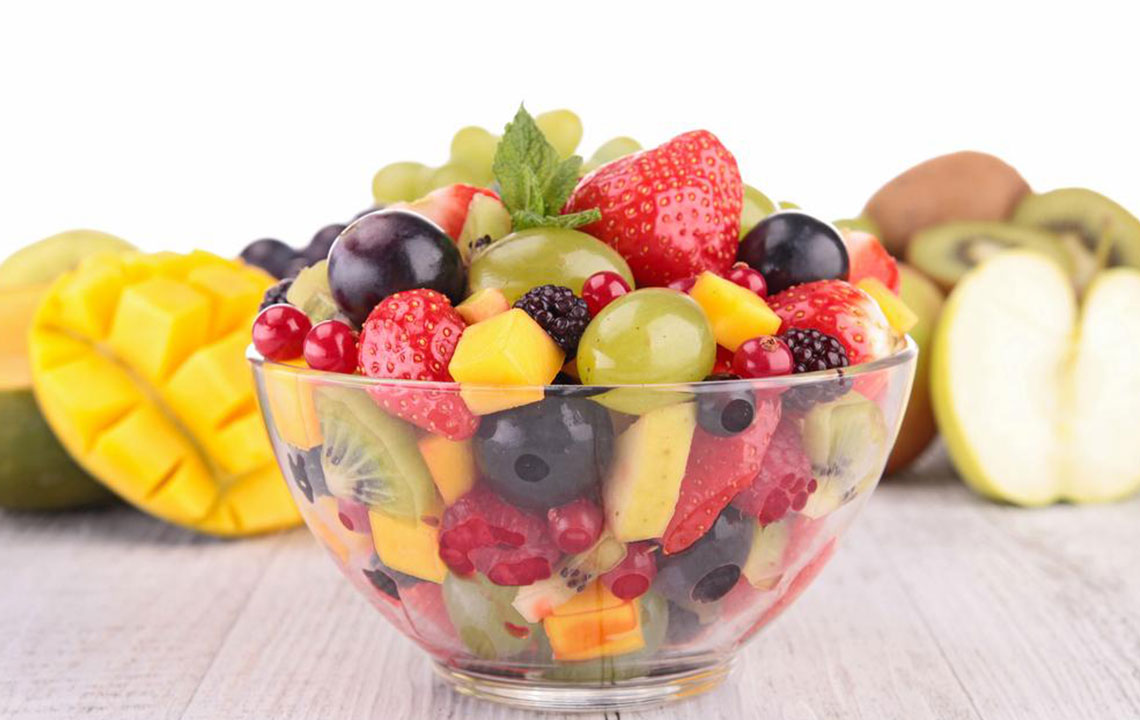Comprehensive Guide: 6 Essential Foods to Support Gout Relief and Management
Learn about the top six foods that can help manage gout effectively. From hydration and vegetables to nuts, fruits, low-purine fish, and low-fat dairy, this comprehensive guide provides dietary strategies to reduce uric acid levels, alleviate joint pain, and prevent flare-ups. Combining these nutritional tips with medical advice and lifestyle changes can significantly improve quality of life for those with gout. Discover how thoughtful food choices support overall joint health and inflammation reduction for long-term relief.

Comprehensive Guide: 6 Essential Foods to Support Gout Relief and Management
Gout is a complex form of inflammatory arthritis characterized by sudden, severe attacks of pain, swelling, redness, and tenderness in the joints. This condition arises primarily due to elevated levels of uric acid in the bloodstream, leading to the formation of sharp urate crystals that deposit in joints and surrounding tissues. Understanding the dietary and lifestyle factors influencing uric acid levels is crucial for effective management and prevention of gout flare-ups. This detailed guide delves into the top six foods that can help individuals manage gout more effectively, highlighting their benefits and how to incorporate them into daily nutrition for optimal health outcomes.
Managing gout requires a strategic approach to diet, focusing on foods that lower uric acid levels while avoiding those that increase it. Adapting your eating habits can lead to a significant reduction in gout occurrences, pain, and joint damage over time. This comprehensive approach involves understanding which foods are beneficial and how they work to combat uric acid buildup. The right dietary choices, combined with medical guidance, can substantially improve quality of life for those living with gout. Here are six important foods to include in your gout management plan.
1. Hydration — The Foundation of Gout Management
Staying well-hydrated is among the simplest yet most effective strategies for managing gout. Water helps to dilute uric acid concentrations in the blood and facilitates its excretion via the kidneys. Proper hydration can decrease the likelihood of uric acid crystal formation, which is a primary cause of gout attacks. It is recommended to drink at least 2 liters of water daily, but individual needs may vary depending on activity level, climate, and health status. Before significantly increasing your fluid intake, especially if you have existing health conditions such as kidney issues, consult with your healthcare provider for tailored advice. Adequate hydration supports overall health and is an essential component of any gout management plan.
2. Vegetables — Nutritious and Uric Acid Friendly
Incorporating vegetables into your diet can play a vital role in reducing gout flare-ups. Vegetables like red peppers, beets, cabbage, and kale are low in purines and rich in antioxidants, vitamins, and minerals that promote joint health and reduce inflammation. These foods help combat oxidative stress and support the immune system, potentially decreasing the severity and frequency of gout attacks. However, some high-purine vegetables like cauliflower and spinach should be consumed in moderation. Balancing your vegetable intake with other nutritious foods can help maintain optimal uric acid levels while providing essential nutrients necessary for overall health.
3. Nuts and Seeds — Healthy Fats That Support Gout Management
Including nuts and seeds in your diet provides beneficial healthy fats and protein without increasing purine intake. Walnuts, pistachios, pecans, and flaxseeds are excellent choices that are low in oxalates and purines, making them safe additions for gout sufferers. These foods contain anti-inflammatory compounds and omega-3 fatty acids, which help reduce joint inflammation and pain associated with gout. Consuming nuts and seeds in moderation as part of a balanced diet can support uric acid regulation and promote overall joint health. Be mindful of portion sizes to avoid excessive calorie intake.
4. Fruits — Rich in Vitamin C and Anti-inflammatory Agents
Fruits, particularly those high in vitamin C, have a proven role in reducing uric acid levels and preventing gout attacks. Berries, cherries, oranges, papayas, and tangerines are especially beneficial because vitamin C enhances uric acid excretion and possesses anti-inflammatory properties. Regular consumption of these fruits can help diminish the intensity and frequency of gout symptoms. Incorporate a variety of fruits into your daily diet for both their health benefits and their ability to keep joint pain at bay. Remember to consume fruits in their whole form rather than processed fruit juices, to maximize health benefits and minimize added sugars.
5. Fish — Omega-3 Fatty Acids for Anti-inflammatory Support
Choosing low-purine, fatty fish like canned tuna and salmon can provide essential omega-3 fatty acids that help combat joint inflammation and relieve gout symptoms. Omega-3s are known for their anti-inflammatory effects, which can soothe irritated joints and reduce pain. It's crucial to avoid seafood high in purines, such as sardines, mackerel, trout, and cod, as they may exacerbate uric acid buildup and trigger attacks. Incorporating moderate amounts of low-purine fish into your diet a few times a week can support heart health while aiding in gout management. Always check with your healthcare provider for personalized dietary recommendations.
6. Low-fat Dairy — Natural Uric Acid Reducers
Low-fat dairy products like milk, yogurt, and cheese are highly regarded for their ability to aid in uric acid elimination. Milk contains orotic acid, which enhances the body's capacity to excrete uric acid, thereby lowering blood levels and reducing the risk of gout attacks. Regular consumption of low-fat dairy has also been associated with decreased inflammation and improved joint health. Including these foods in your daily diet provides essential nutrients for overall health while supporting gout management. It's advisable to select products low in added sugars and fats to maximize health benefits—consult your healthcare professional to determine suitable options tailored to your dietary needs.
Conclusion: A Holistic Approach to Gout Management
Effective management of gout involves a combination of dietary modifications, medical treatment, and lifestyle changes. Adopting a diet rich in hydrating fluids, vegetables, fruits, nuts, seeds, lean proteins like low-purine fish, and low-fat dairy significantly contributes to controlling uric acid levels and reducing flare-ups. Alongside dietary strategies, regular exercise, maintaining a healthy weight, and avoiding excessive alcohol and purine-rich foods are critical components of an effective gout management plan. Consistently working with your healthcare provider to monitor uric acid levels and refine your treatment plan can optimize your health outcomes. Ultimately, understanding the role of diet and making informed choices is a powerful step toward living a pain-free, active life with gout.





